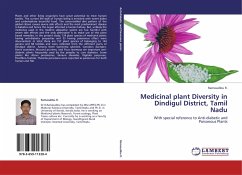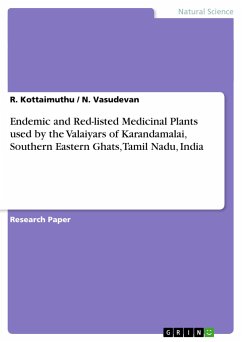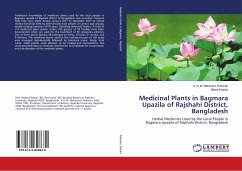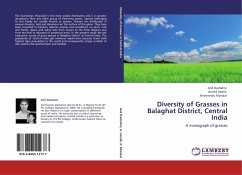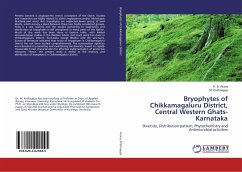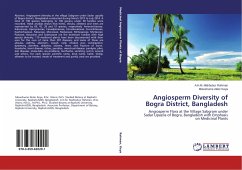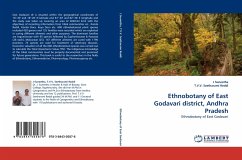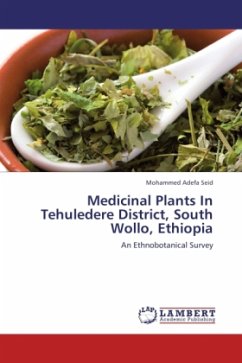Plants and other living organisms have great potential to treat human bodies. The current life style of human being is enriched with sweet bakes and carbohydrate bountiful food. The uncontrolled diet pattern of the global citizen causes severe side effects and the most predominant disease is diabetes and hence the organ affected is human kidney. But, unlikely the medicines used in the modern allopathic system are too harmful with severe side effects and the only alternative is to make use of the plant based remedies. In the present study, 124 plant species of medicinal plants having anti-diabetic properties and 33 having poisonous effect were documented. In total there are 157 plant species of belonging to 144 genera and 68 families and were collected from the different parts of Dindigul district. Among them Gymnema sylvestre, Cynodon dactylon, Derris scandens, Mucuna pruriens, and Ficus racemosa are important anti-diabetic plants frequently used by the peoples to cure diabetes. Some plants like Abrus precatorius, Nerium oleander, Digitalis purpurea, Possiflora foetida, Thevetia peruviana were reported as poisonous for both human and fish.
Bitte wählen Sie Ihr Anliegen aus.
Rechnungen
Retourenschein anfordern
Bestellstatus
Storno

